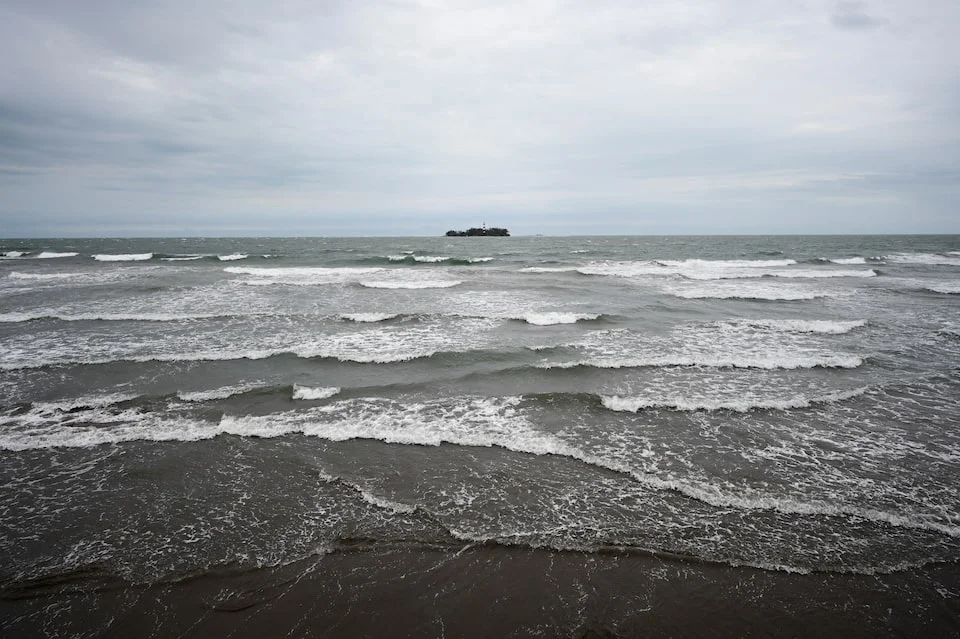
Rice’s Whale Faces New Threats From Oil And Gas Activities In The Gulf Of Mexico
The delicate balance of marine life in the Gulf of Mexico faces new threats as a recent environmental assessment highlights the endangered status of the Rice's whale. With only an estimated 51 individuals remaining, this critical report underscores the urgent need for protective measures amid increasing oil and gas drilling activities in the region.

The assessment, released by the Trump administration, concludes that vessel strikes associated with oil and gas drilling pose a significant risk to the survival of the Rice's whale. Speed restrictions and a mandate for vessels to stay at least 500 meters away from the species when spotted are a few of the recommended measures aimed at safeguarding this imperiled creature. These recommendations come on the heels of a federal court ruling that deemed previous assessments as inadequate in addressing the threats posed to marine life from industrial activities.
Industry representatives, including the American Petroleum Institute (API) and National Ocean Industries Association (NOIA), have expressed concerns regarding the findings. Erik Milito, the president of NOIA, stated that the inclusion of a jeopardy finding for the Rice's whale "appears inconsistent with the best available science…" This criticism highlights the ongoing tension between environmental protections and the interests of oil and gas companies, which argue that stringent regulations could hinder crucial energy operations.
Conversely, environmental advocates have voiced that the proposed protections are insufficient. Chris Eaton, an attorney with Earthjustice, criticized the assessment, claiming it allows activities that could lead to the death of nine whales and serious injuries to three more over the next 45 years. This sentiment reflects the underlying fear that without more robust measures, the Rice's whale could face a dire future.
This situation poses an essential question: how can society balance the demands of natural resource extraction with the imperative to conserve endangered species? As discussions continue, it is increasingly crucial for policymakers, scientists, and community members to engage in meaningful dialogue to protect our oceans' vibrant ecosystems.
In conclusion, the fate of the Rice's whale serves as a poignant reminder of the delicate interplay between commerce and conservation. What are your thoughts on the measures necessary to safeguard endangered marine species while still meeting energy needs? Feel free to share your insights in the comments below!